Imagine the human personality as a sliced onion with several layers:
- The outer layer is the effect we have on other people.
- Beneath this is the layer of our behaviour.
- Even more deeply rooted in our personality are our values.
- Finally, our unchanging life motives form the ‘core’.
Many diagnostic procedures have already been established for effect, behaviour and motives. However, the fundamental importance of values and culture has only recently been recognised by society at large. Traditional concepts (often based on ‘hard’ factors such as key figures) often no longer lead to the desired results. Buzzwords such as digitalisation, new work, transformation, agility, self-organisation etc. are evidence of a new world in which new ‘soft’ solutions are also needed.
The 9 Levels of Value Systems® offer such a solution, because:
We make values measurable!
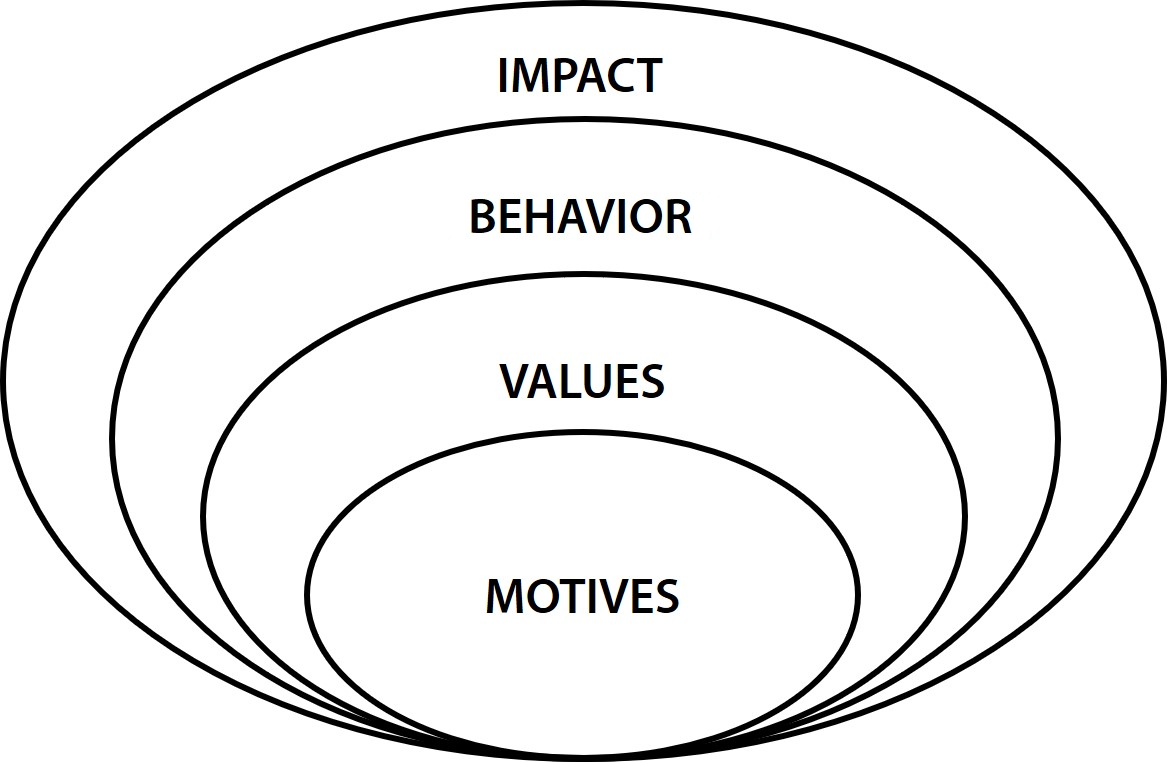
The 9 Levels of Value Systems® are a scientifically based tool that makes values visible and usable. In short, they ensure that people, teams, organisations and markets fit together perfectly. Our focus is on values and culture - based on the integral development model by Prof Clare W. Graves.
This model describes successive stages of development, characterised by specific values. In the 9-level model, a spiral staircase illustrates this dynamic development.
We use our validated analysis forms to record the value systems of individuals, teams and organisations. In doing so, we show the current status quo, the desired target status and potential resistance to certain values.
- The Personal Value System (PVS) analyses the value system of an individual person, focussing on a selected area of life.
- The Group Value System (GVS) focuses on a defined team: What does the value system of the department or project group look like?
- The Organisation Value System (OVS) records the value system of an organisation: What values do the respondents perceive in their organisation? What similarities or discrepancies are there, for example, between individual departments, locations or hierarchical levels?
Why work with values?
Values characterise our lives: they influence what we accept, reject or perceive as right. If we can live our values, we are satisfied - if not, dissatisfaction arises. They act as both a driver and an obstacle.
Understanding your own value system is crucial for working with people, teams and organisations. If the values fit together, co-operation runs smoothly; if there are discrepancies, conflicts often arise that are difficult to grasp.
The 9 Levels of Value Systems® make values visible, create understanding for developments and provide clear impetus for change.
Pragmatic - positive - appropriate!









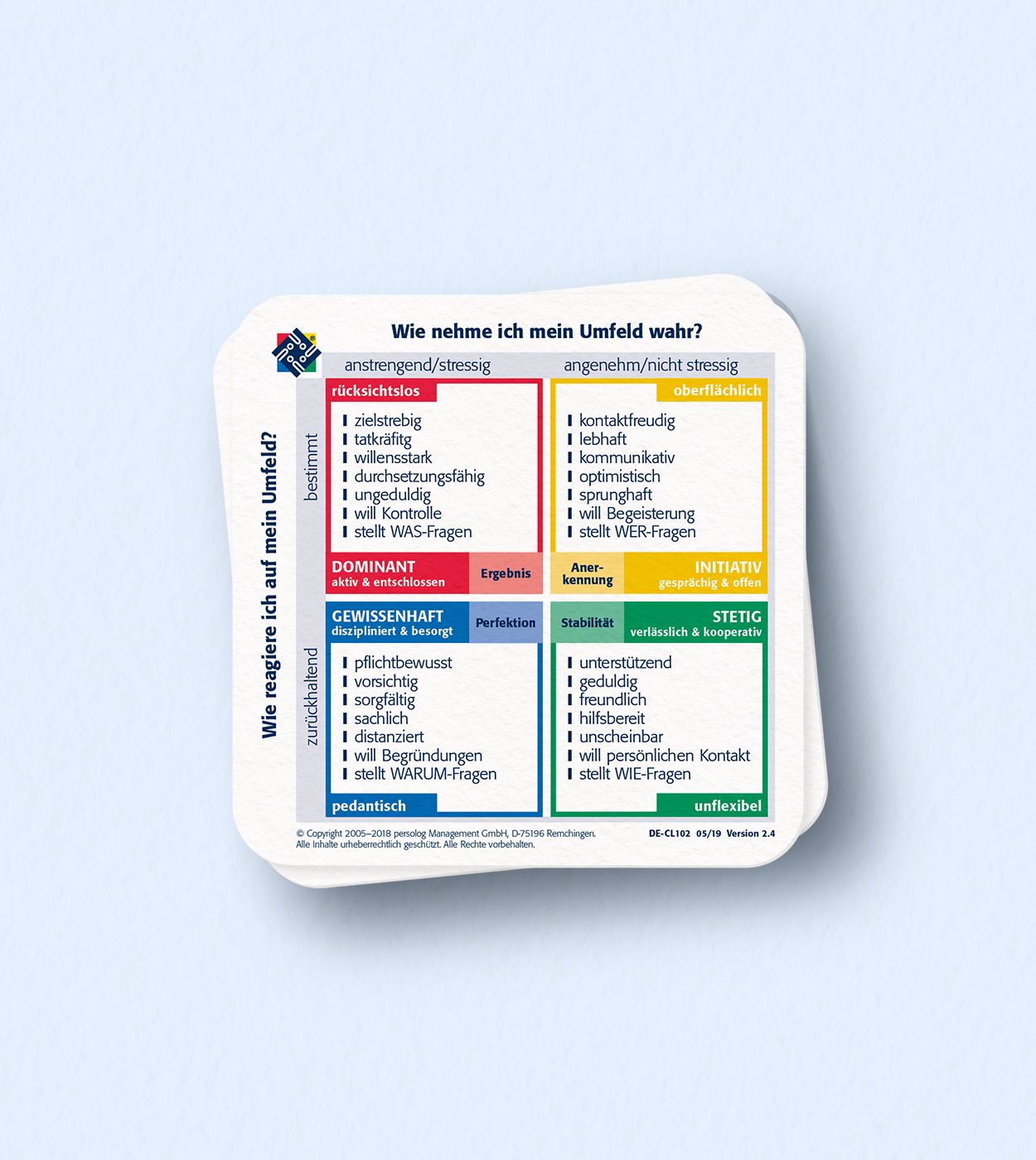







































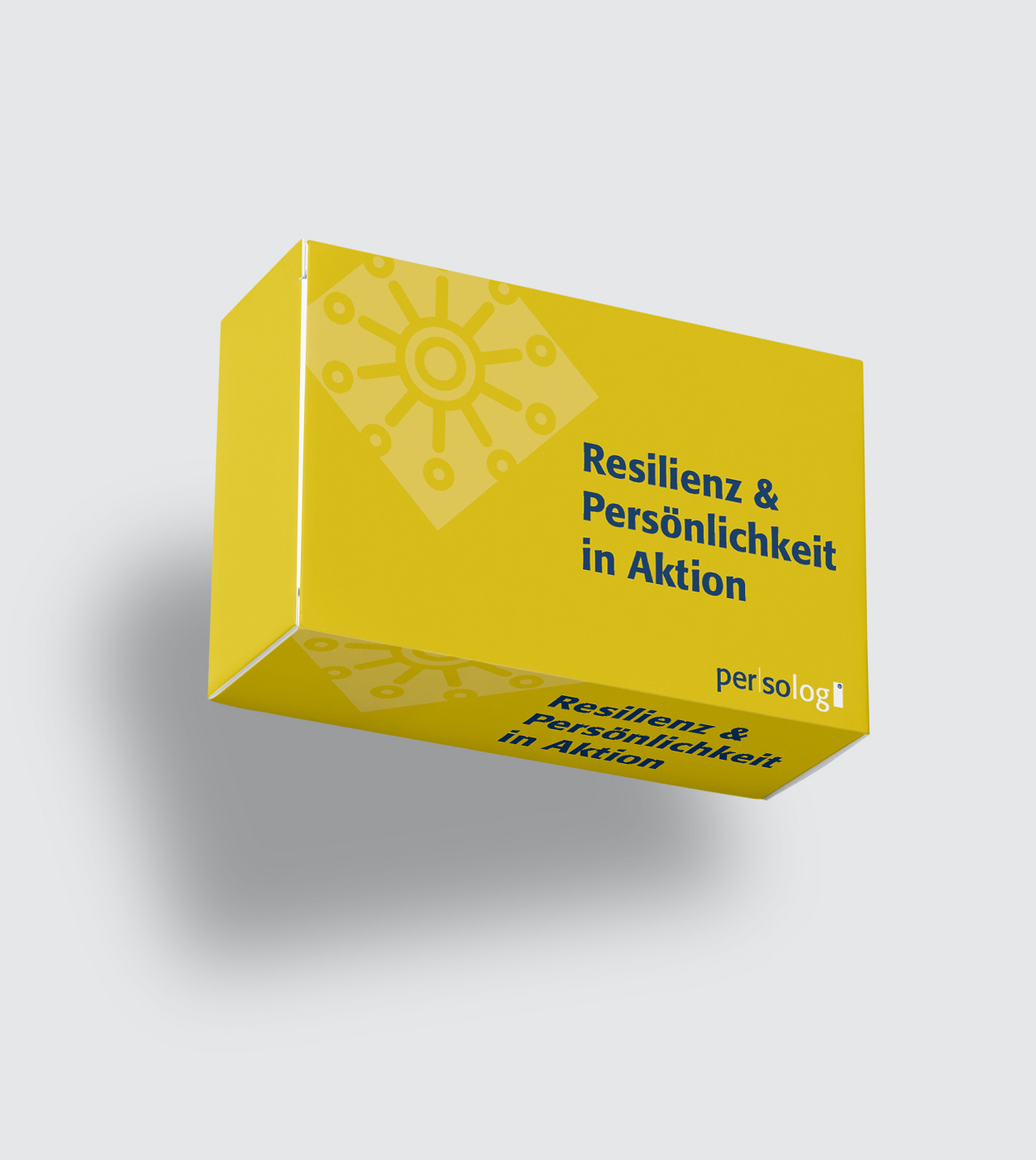



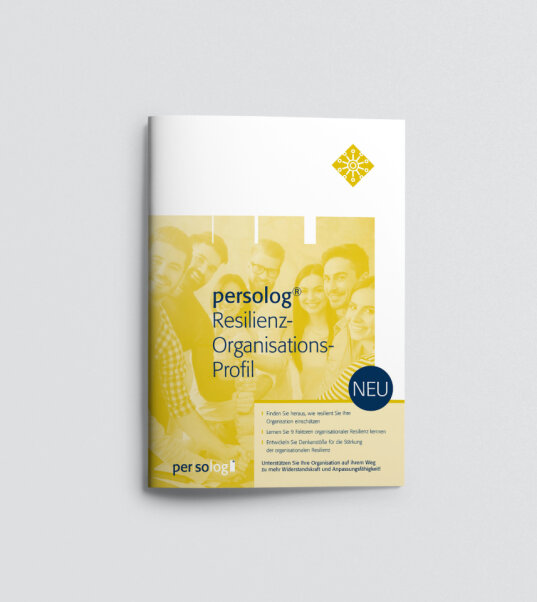
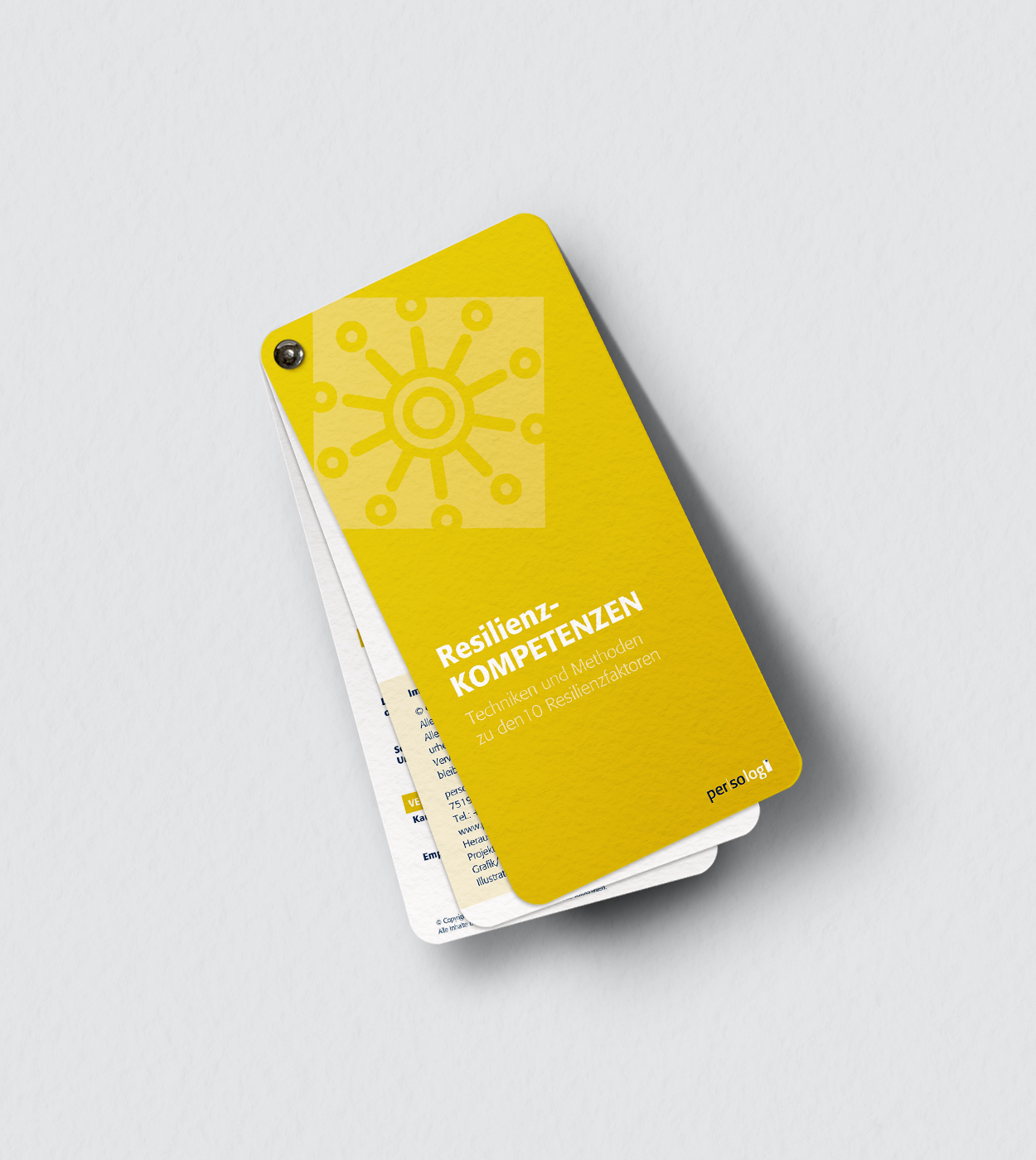


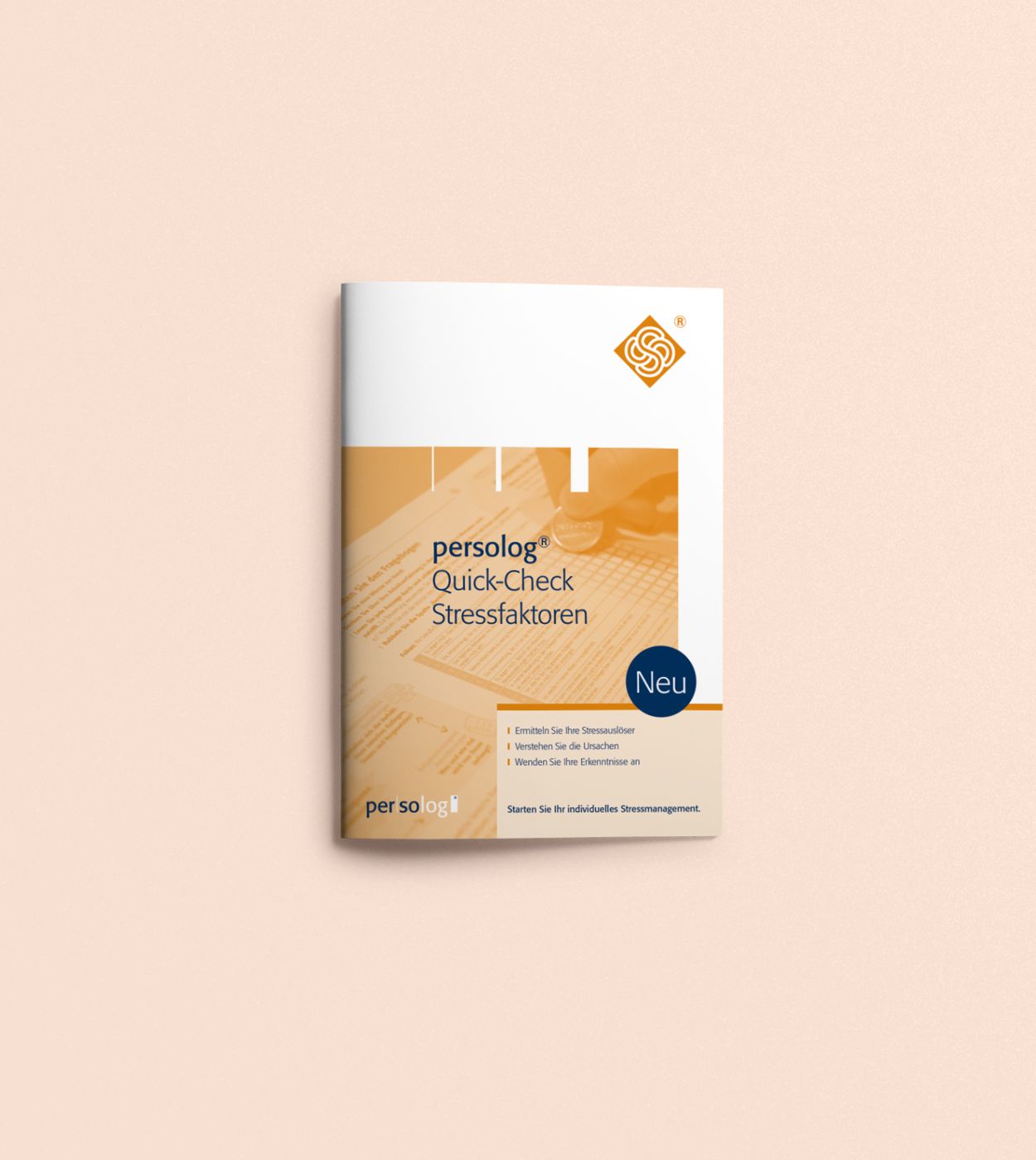


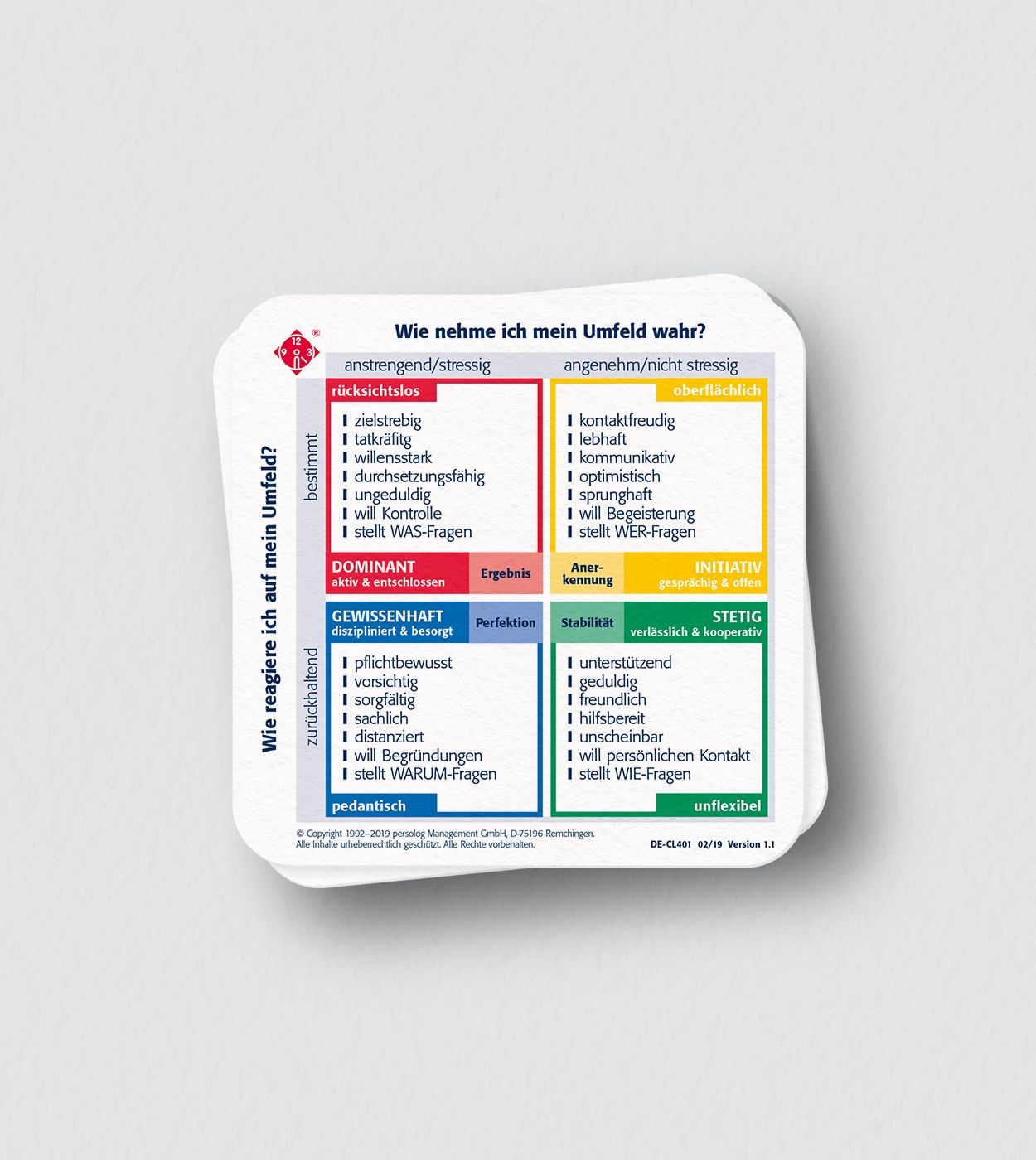



.jpg)

.jpg)
.jpg)









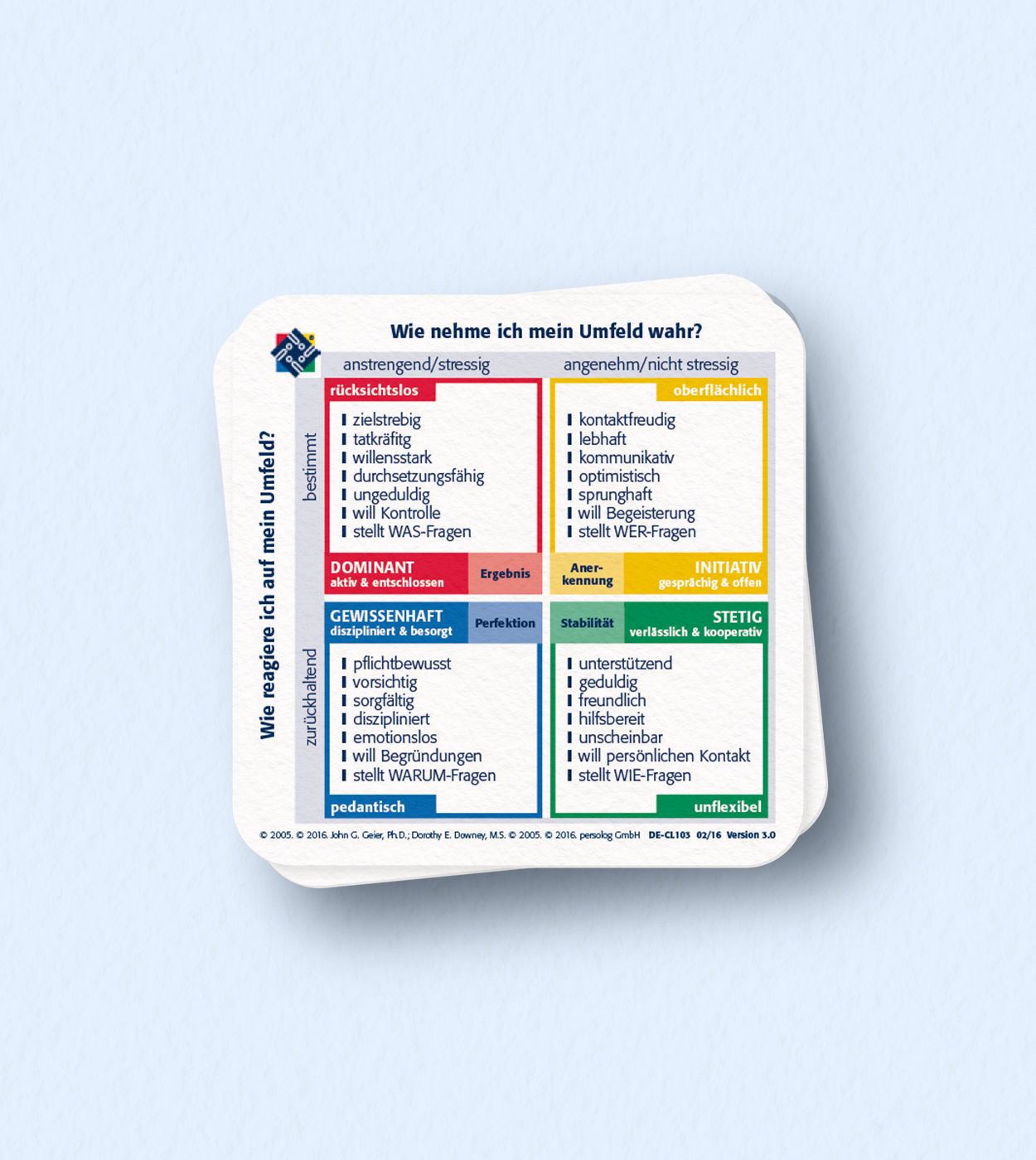



.jpeg)






